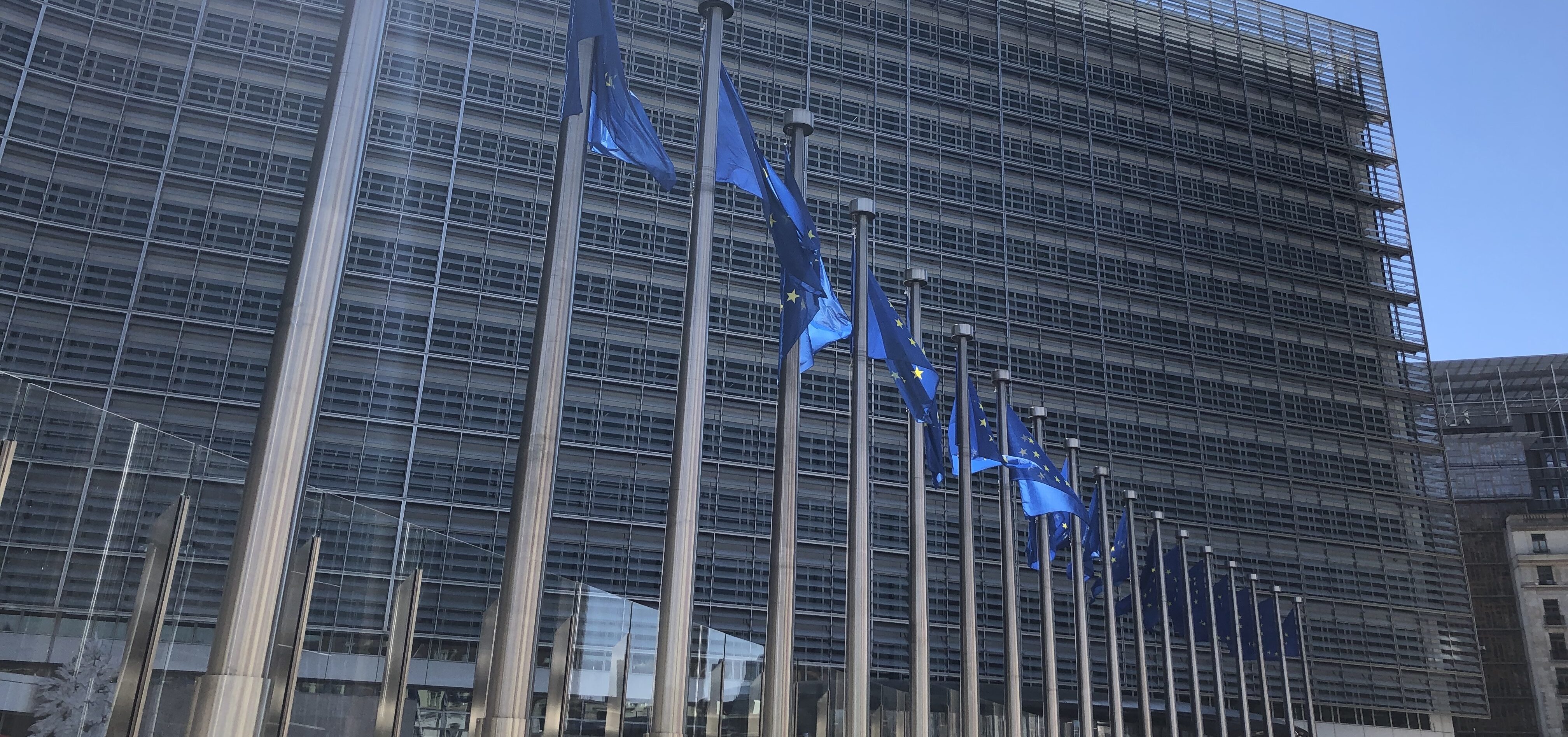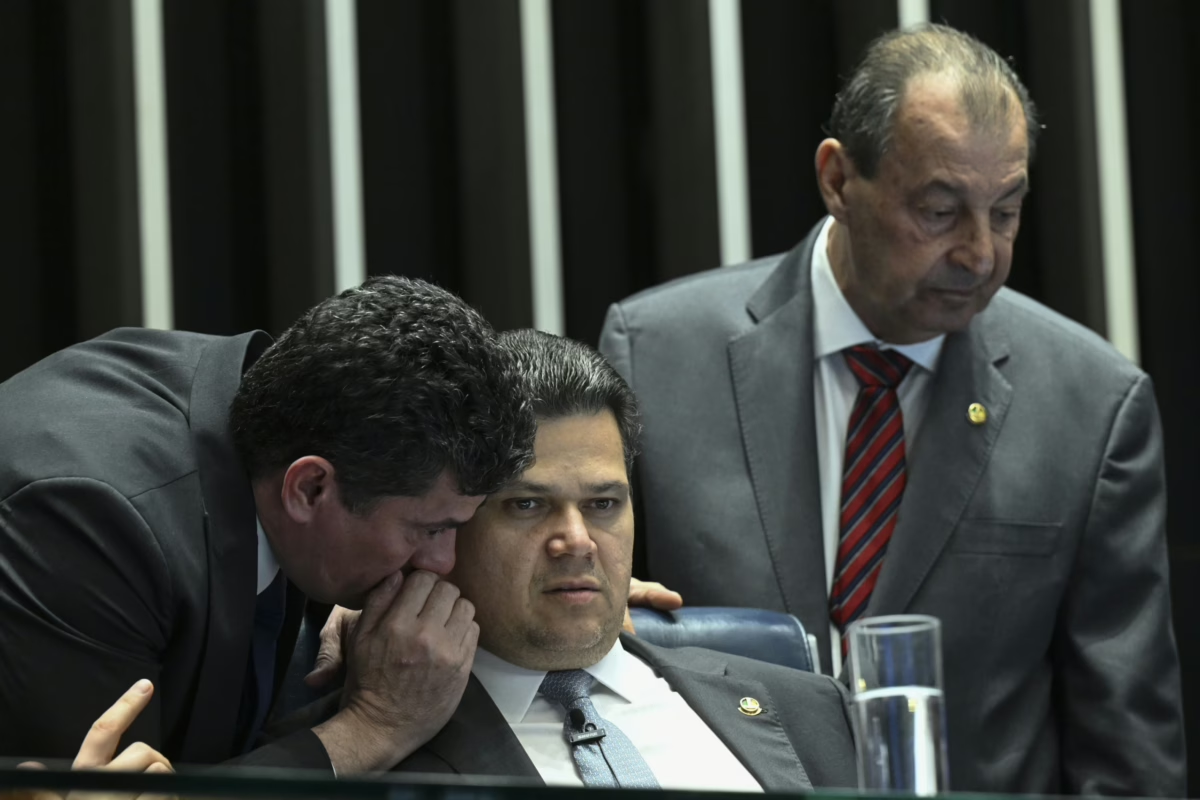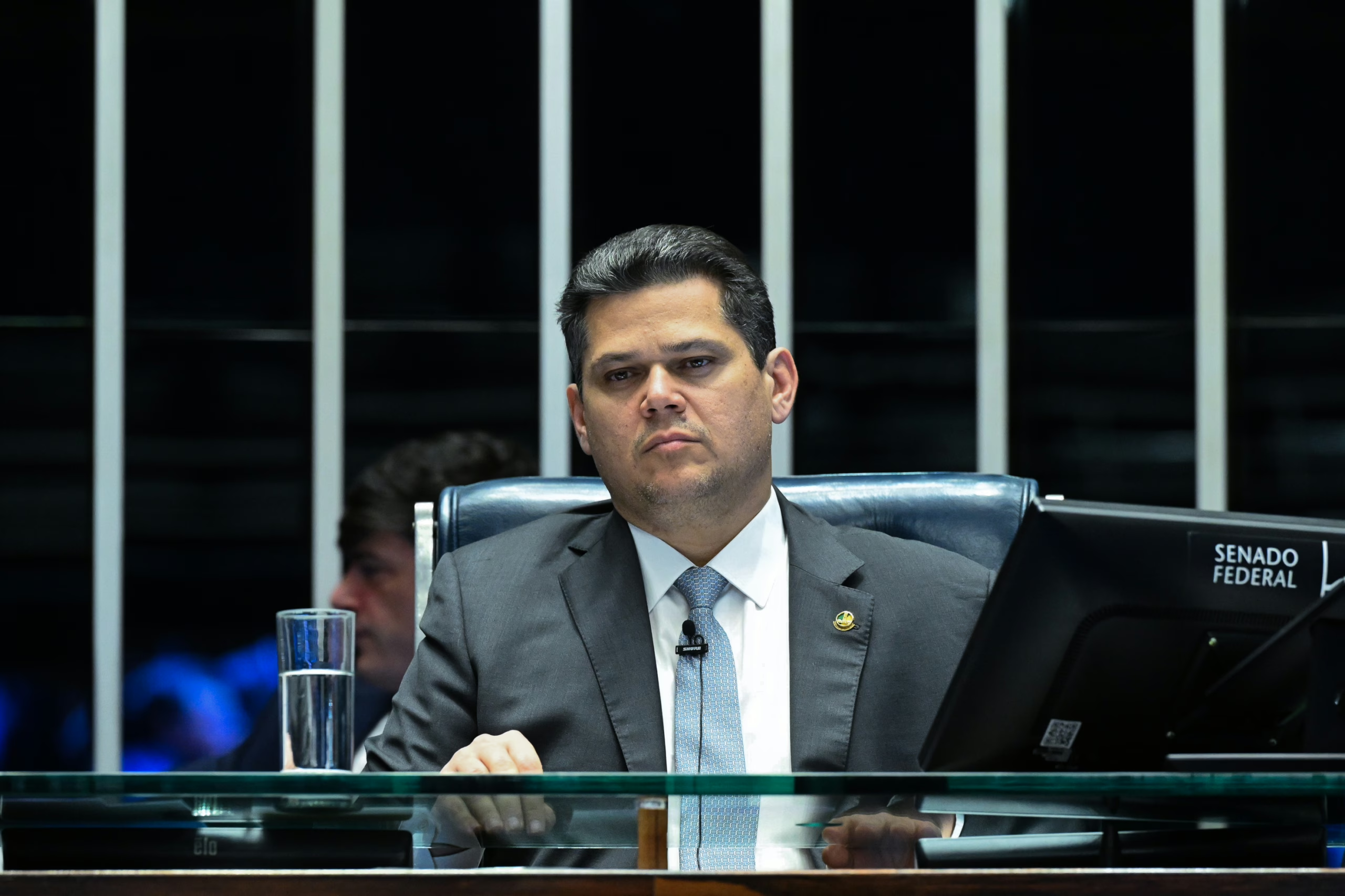Numa negociação que se arrastou até as 4 da manhã, a União Europeia aprovou nesta terça-feira (6) uma regulação que proíbe a entrada no mercado europeu de commodities produzidas em áreas desmatadas após 31 de dezembro de 2020. Embora contenha uma série de falhas, o novo regulamento é um marco histórico para as florestas: pela primeira vez, os compradores de commodities poderão auditar os vendedores e rejeitar carne, soja, madeira, borracha, cacau, café e óleo de dendê vindos de qualquer propriedade com desmatamento ou degradação, legal ou ilegal.
A notícia é especialmente auspiciosa para a Amazônia brasileira: a Europa é o segundo maior mercado consumidor de commodities do Brasil, e um regulamento rígido sobre desmatamento por parte do bloco tende a ser usado como referência pelos outros importadores, como China e Estados Unidos. Isso tende a mover o setor privado e facilitar o cumprimento da meta anunciada pelo presidente eleito, Luiz Inácio Lula da Silva, de zerar o desmatamento no país até 2030.
A aprovação um dia antes do início da COP15, a conferência de biodiversidade da ONU em Montréal, também manda um sinal importante para as negociações de uma meta global de proteção dos ecossistemas naturais da Terra.
Embora crucial para as florestas, a legislação europeia falhou com os demais biomas. O texto aprovado num “triálogo” entre a Comissão Europeia, o Conselho Europeu (representação dos Estados-membros) e o Parlamento Europeu rejeitou a proposta do parlamento de incluir “outras áreas florestadas” (other wooded land) nas auditorias. Com isso, 74% do Cerrado brasileiro ficará desprotegido. Isso é especialmente grave porque o Cerrado é o bioma onde é produzida a maior parte das commodities exportadas para a UE.
Ao restringir a produção com desmatamento na Amazônia, na Mata Atlântica e no Chaco, os biomas mais tipicamente florestais da América do Sul, a nova regulação pode causar “vazamento” do desmatamento para o Cerrado, ampliando sua destruição. O texto promete revisar a lei um ano após sua entrada em vigor para avaliar a inclusão de other wooded land; em dois anos, de outros biomas. Também ficou para revisão a responsabilização de bancos e outras instituições que financiam o desmatamento. Somente entre 2016 e 2020, os bancos europeus lucraram € 401 milhões em negócios com empresas que desmatam florestas tropicais.
Outro ponto que sofreu no acordo final foi o de direitos humanos. Ausente da proposta original da Comissão Europeia, apresentada em novembro de 2021, a inclusão de uma menção a direitos humanos gerou intensa pressão do movimento indígena. O Parlamento avançou nesse ponto, mas no “triálogo” ele foi enfraquecido. Apesar da inclusão do Consentimento Livre, Prévio e Informado (FPIC) na definição da legislação do país de produção, o texto limita o escopo de direitos humanos às leis nacionais e não faz referência a convenções internacionais relevantes, como a Convenção 169 da OIT (Organização Internacional do Trabalho).
A data de corte da legislação, dezembro de 2020, significa que as auditorias feitas pelos compradores (chamadas due diligence no jargão do mercado) nos vendedores deverão recusar produtos cultivados ou criados em áreas desmatadas após essa data. Isso premiará, por exemplo, produtores que desmataram em metade do mandato de libera-geral do governo Bolsonaro. No Brasil, a moratória da soja já audita propriedades desde 2006 e havia condição técnica de recuar a data de corte para antes de 2020. Prevaleceu a proposta original da Comissão Europeia em vez da do Conselho Europeu, que queria 2023.
Apesar das brechas, a nova legislação inova ao tratar de um dos pontos essenciais para o combate ao desmatamento: a rastreabilidade. A partir da data de entrada em vigor da legislação, operadores serão obrigados a fornecer as geolocalizações de suas mercadorias até o polígono (parcela de terra) da fazenda onde elas foram produzidas. O lobby do agronegócio, dentro e fora da Europa, tentou de toda forma excluir a geolocalização da lei, alegando aumento de custos para os produtores. O Observatório do Clima e outras organizações da sociedade civil argumentaram, num posicionamento público à UE, que essa alegação é frágil, já que o setor da soja no Brasil pratica rastreabilidade até o polígono há mais de 15 anos – e a tecnologia de sensoriamento remoto permite fazer isso em qualquer lugar do mundo.
Houve, porém, isenção para pequenos produtores (até 4 hectares) e a aprovação de uma regra que divide os países em categorias de alto, médio e baixo risco de desmatamento. Estes últimos serão premiados com auditoria simplificada e menos fiscalizações por parte dos compradores.
“A aprovação da legislação europeia é um marco importante na luta pelo fim do desmatamento. Ainda que devesse ter incluído o Cerrado para ter um efeito mais amplo no Brasil, foi importante que o texto final reconheceu e incluiu o direito dos povos indígenas. Para o Brasil, é uma mensagem clara e inequívoca de que o único caminho para a prosperidade do agronegócio é eliminar, o mais rápido possível, o desmatamento e a conversão das cadeias produtivas”, disse Maurício Voivodic, diretor-executivo do WWF Brasil.
“A normativa deve servir de anteparo, um tipo de salvaguarda ambiental, para destravar o acordo UE-Mercosul. E o resultado disso para o Cerrado será uma maior aceleração do desmatamento e violação de direitos de povos e comunidades tradicionais”, afirmou Guilherme Eidt, assessor de Políticas Públicas do ISPN (Instituto Sociedade, População e Natureza). “Mais uma vez o Cerrado é colocado como bioma de sacrifício. Os europeus deram uma sinalização importante para o mundo, mas perderam a oportunidade de fazer uma lei efetiva. O Cerrado é a principal fonte de desmatamento importado pela Europa hoje. Para nós, aumenta o risco do esgarçamento dos recursos hídricos, crise de abastecimento d’água e energética para os maiores centros urbanos do país, e o acirramento da violência no campo.”
“A legislação europeia está longe de ser perfeita, mas ela dá um sinal importantíssimo para o mundo inteiro: o desmatamento não deve mais ser tolerado”, disse Marcio Astrini, secretário-executivo do OC. “Daqui para a frente os mercados se fecharão a quem destruir ou degradar florestas. Quem apostou na passagem da boiada durante o governo Bolsonaro e achou que poderia devastar impunemente quebrou a cara. Felizmente essa parcela do agronegócio, embora barulhenta, é minoritária.”
Contato para a imprensa:
Solange Barreira
[email protected]
+5511 9 98108-7272[:]





